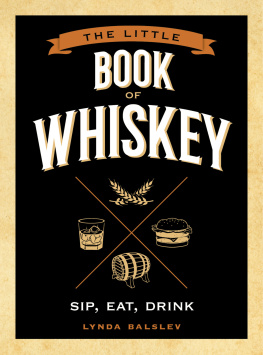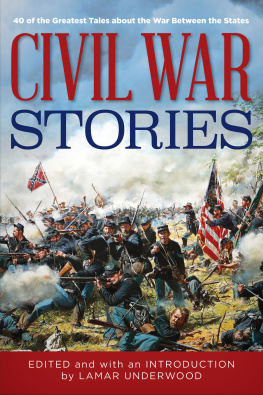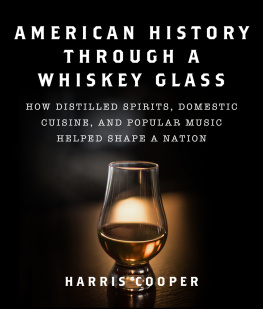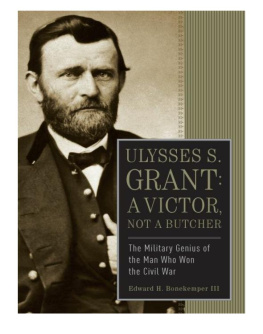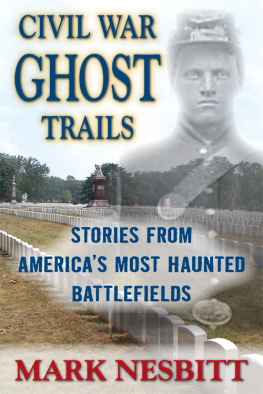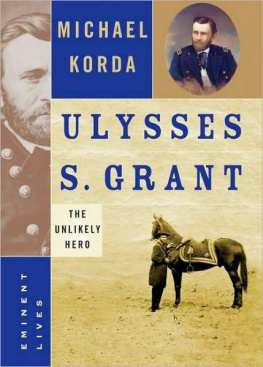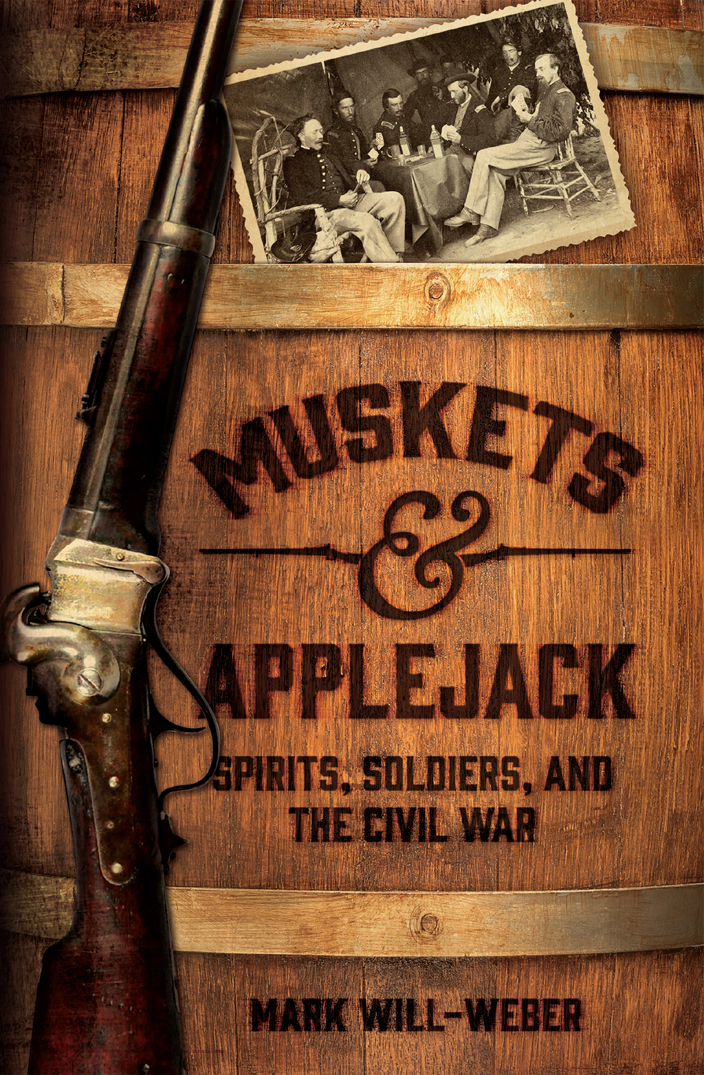

Copyright 2017 by Mark Will-Weber
All rights reserved. No part of this publication may be reproduced or transmitted in any form or by any means electronic or mechanical, including photocopy, recording, or any information storage and retrieval system now known or to be invented, without permission in writing from the publisher, except by a reviewer who wishes to quote brief passages in connection with a review written for inclusion in a magazine, newspaper, website, or broadcast.
Regnery History is a trademark of Salem Communications Holding Corporation; Regnery is a registered trademark of Salem Communications Holding Corporation
Cataloging-in-Publication data on file with the Library of Congress
e-book ISBN 978-1-62157-559-7
Published in the United States by
Regnery History
An imprint of Regnery Publishing
A Division of Salem Media Group
300 New Jersey Ave NW
Washington, D.C. 20001
www.RegneryHistory.com
Manufactured in the United States of America
10 9 8 7 6 5 4 3 2 1
Books are available in quantity for promotional or premium use. For information on discounts and terms, please visit our website: www.Regnery.com.
Distributed to the trade by Perseus Distribution
www.perseusdistribution.com
In memory of the battles fought and hardships endured by General J. K. Robison and the men of the Sixteenth Pennsylvania Cavalry.
Table of Contents
Guide
CONTENTS
A s historical lightning rods go, one might be hard pressed to find a nineteenth-century figure of greater conductivity than Daniel Edgar Sickles. He was a Tammany Hall politician, Union general, and the first man to successfully plead temporary insanity in an American courtroom after he shot to death his wifes ill-fated lover in Washingtons Lafayette Square in February of 1859.
Born in 1819, Sicklesdespite losing a leg at the Battle of Gettysburg in 1863lived to ninety-four years of age, apparently confirming the old proverb that only the good die young (some of his enemies referred to him as Devil Dan). Sickles could strike a roguish pose with great conviction. One contemporary said the general looked like a Spanish brigand that we see represented on a stage of a theatre, with his huge mustache, plumes and boots.
Although Sickles did and said many controversial things (he once purposely insulted the Queen of England by refusing to stand for a toast to Her Majesty), he spoke very emphatically about the role of alcohol in watering the seeds of secession that led to the Civil War:
The War of the Rebellion was really a whiskey war. Yes, whiskey caused the Rebellion! Congress was whiskey in the morning... then whiskey all day; whiskey and gambling all night. The fights... the angry speeches... were all whiskey.
At first glance, it seems a most outrageous claimthe very idea that whiskey was the major cause in launching the war that swept away more lives of American soldiers (approximately 620,000, but with some estimates as high as 750,000) than were lost in all other U.S. wars combined from the Revolutionary War up to and including World War II.
But was alcohol at least a contributing factor to the fermentation of hostilities? Thats certainly an easier argument to make. Sickles may have exaggerated the cause-and-effect relationship, but examination of various incidents in the lead-up to the war reveals that Devil Dan (who was quite fond of drinking himself) was not completely off target.
In fact, at several crucial pre-war incidentsthe Brooks-Sumner caning controversy, various acts of violence in Bleeding Kansas (including the Sack of Lawrence), the squelching of John Browns slave rebellion at Harpers Ferry, and the publishing of Harriet Beecher Stowes Uncle Toms Cabinalcohol was involved in one way or another.

The brutal attack by South Carolina representative Preston Brooks upon Charles Sumner, staunch abolitionist senator from Massachusetts, understandably draws much attention. In fact, the Brooks-Sumner affair would be conspicuous by its absence if omitted from any history of preCivil War events.
On May 22, 1856, Brooksbrooding and very likely tipsy with drinkentered the Senate chambers. Armed with a hefty gutta-percha walking stick, the South Carolinian planned to teach the unsuspecting Sumner a harsh lesson. Brookss motivation for what he saw as justifiable revenge came from an anti-slavery speech in which Sumner had recently insulted both South Carolina in general and Senator Andrew Butler, Brookss older cousin, in particular.
Brooks ambushed Sumner, whose long legs were initially stuck under his desk as his attackers blows rained down upon him with a savage rapidity. So merciless was the beating that the stunned Yankee senator bellowed like a calf (Brookss own words, sans remorse).
Sumner eventually managed to free himself from his desk but collapsed on the floor. Brooks had shattered his gold-headed cane on his victims skull and body, reducing Sumner to a blood-soaked and unconscious heap. Colleaguesinitially held at bay by Southern politicians in cahoots with Brooksrushed to assist Sumner, but it would be three years until he would return to the U.S. Senate, and he never fully recovered to a robust state of health.
One of the more recent treatments of this controversial incident can be found in the historian Rachel Sheldens book Washington Brotherhood: Politics, Social Life, and the Coming of the Civil War. While some examinations of the Brooks assault touch lightly or not at all on the role of Demon Alcohol, Dr. Shelden asks a compelling question in her work:
Perhaps the worst political mistake of all was letting alcohol influence ones behavior in and out of Congress. Drinking both the evening before and the morning of the caning no doubt influenced Brookss actions.... If Brooks had been sober, might he have struck Sumner only once or twice rather than thirty times?
Without question, the incident further inflamed tensions between Northerners and Southernersthough Shelden notes that relations between regional politicians in Washington, perhaps surprisingly, returned to normal rather quickly. Newspapers and critics in the North blasted Brooks, but in Dixie he was lionized; some admirers even sent him new canes as gifts to salute what they saw as a decisive and necessary act.

Just a day before the Brooks-Sumner affair, pro-slavers sacked the town of Lawrence, Kansas. Thomas H. Gladstonean Englishman who wrote about his travels through the U.S. during Bleeding Kansasnoted the pro-slavery horsemen were maddened by drink when they burned Governor Charles Robinsons hilltop residence in Lawrence. The raiders then fled east, flush with both plunder and whiskey. Gladstone described meeting these Missouri border ruffians soon after:
Their thirst knew no bounds; and when a barrel of Bourbon or Monongahela, or Double Rectified was accessible, they forgot even in some instances the politics of its possessor. Thus through the day they sustained their turbulent fury, and when night came, it found them prepared for any excesses.
So the pro-slavery factions from Missouri gained a reputation for whiskey swilling long before a cannon was ever aimed at Fort Sumter. But surely not all the Jayhawkersthe Free State counterattack to the Border Ruffianswere non-drinking deacons, either. After all, Kansas in the mid-nineteenth century was essentially a rough frontier territory that would not achieve statehood until 1861 and, in such an era, drinking was quite commonplace.


